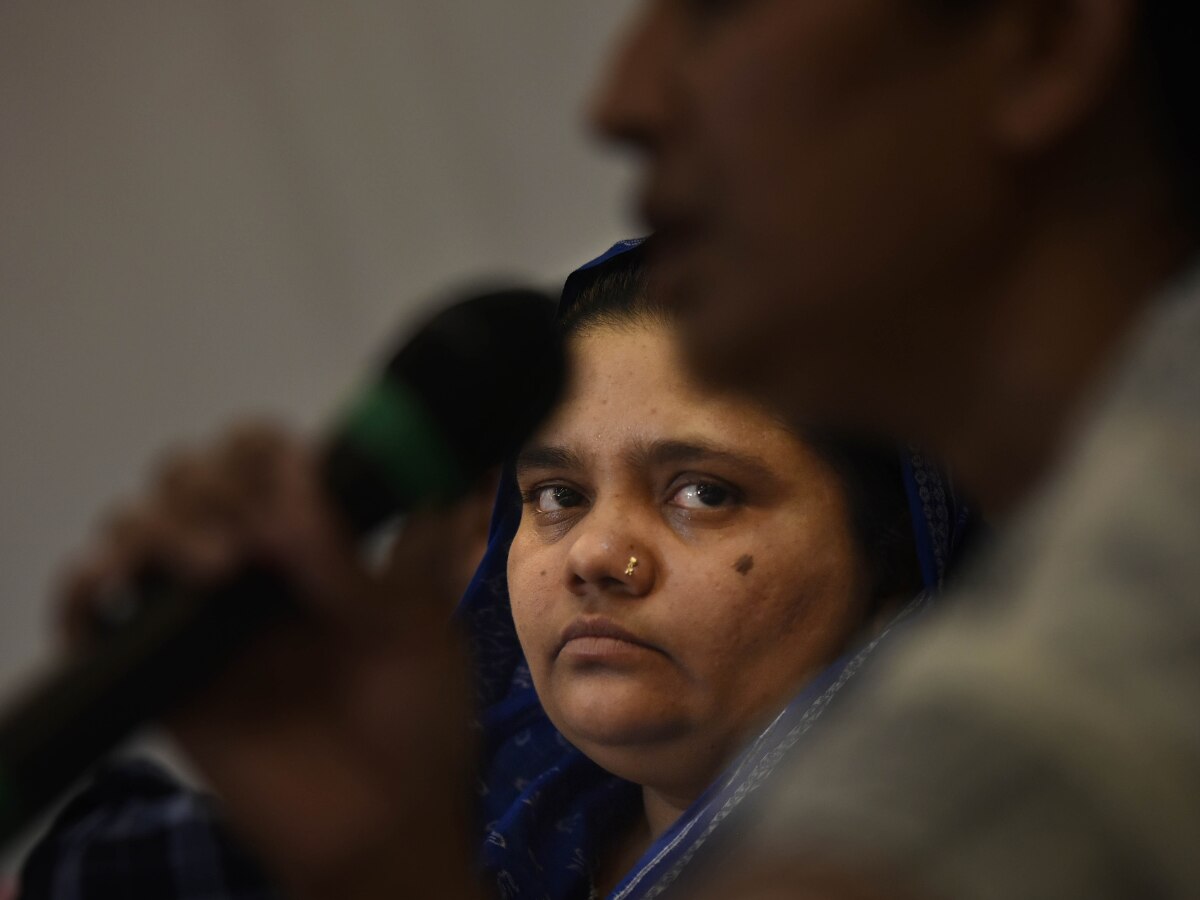The Supreme Court will today hear a batch of petitions for final disposal against the release of 11 convicts in the Bilkis Bano case. Last month, the apex court questioned the parole granted by the Gujarat government to the convicts who were sentenced to life imprisonment for the gangrape of Bilkis Bano and killing of her family members during the 2002 Gujarat riots. The top court questioned the parole granted saying the gravity of the offence should have been considered by the state.
The two-judge bench comprising Justices KM Joseph and BV Nagarathna made the observation that when remission is considered in such heinous crimes affecting the society at large, the power must be exercised keeping in mind public interest, as per a report by Live Law.
"A pregnant woman was gang-raped and several people were killed. You cannot compare the victim's case with standard section 302 (murder) cases. Like you cannot compare apples with oranges, similarly massacre cannot be compared with single murder. Crimes are generally committed against society and the community. Unequals cannot be treated equally," it said.
ALSO READ: 'Modi Surname' Case: Gujarat HC Verdict On Rahul Gandhi's Plea Seeking Stay On Conviction Today
On March 27, the court had sought responses from the Centre and the Gujarat government on the petition filed by Bilkis Bano that challenged the remission given to 11 life offenders in the case of her gang rape and murder of her family members.
The top court had directed the Gujarat government to be prepared on April 18 with appropriate documentation providing remission to the convicted.
On March 22, Chief Justice DY Chandrachud ordered that the case be listed urgently and consented to the formation of a fresh bench to hear the batch of petitions.
On August 15 of last year, the Gujarat government freed all 11 prisoners after granting them pardons. In her ongoing writ petition, the victim claims that the state government enacted a "mechanical order" that utterly disregarded the Supreme Court-established legal requirements.


